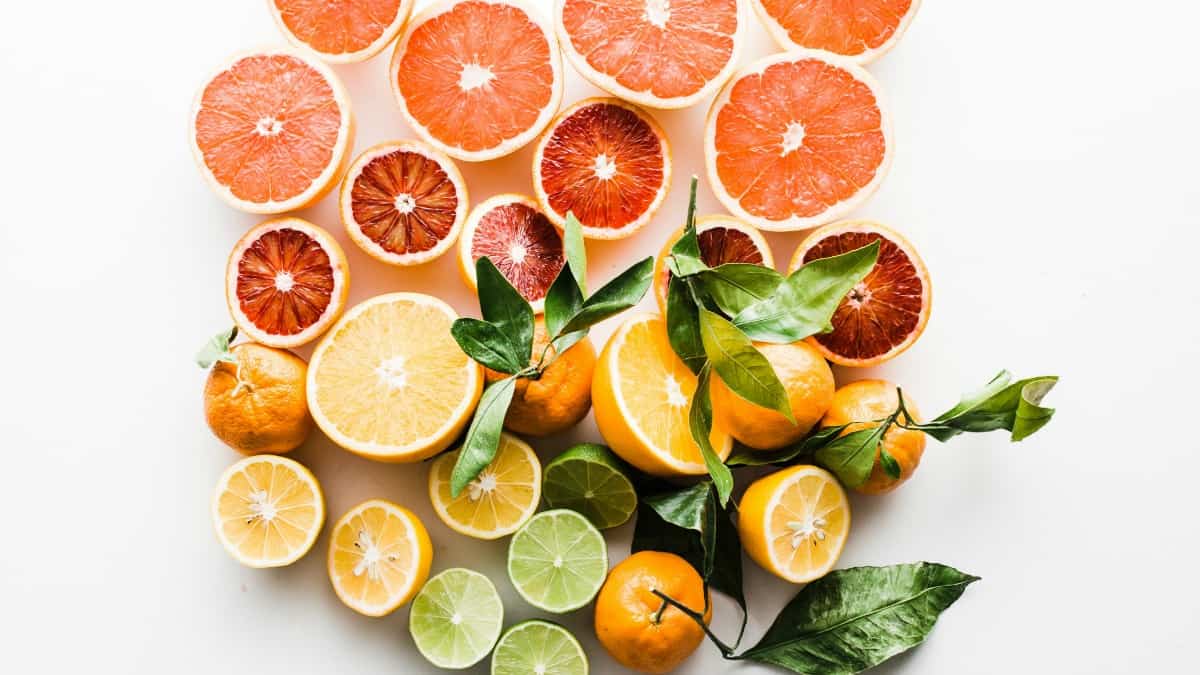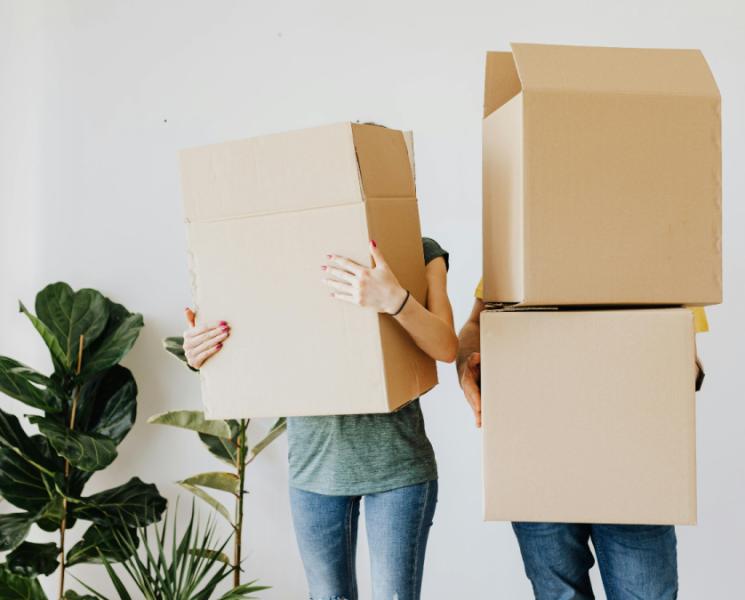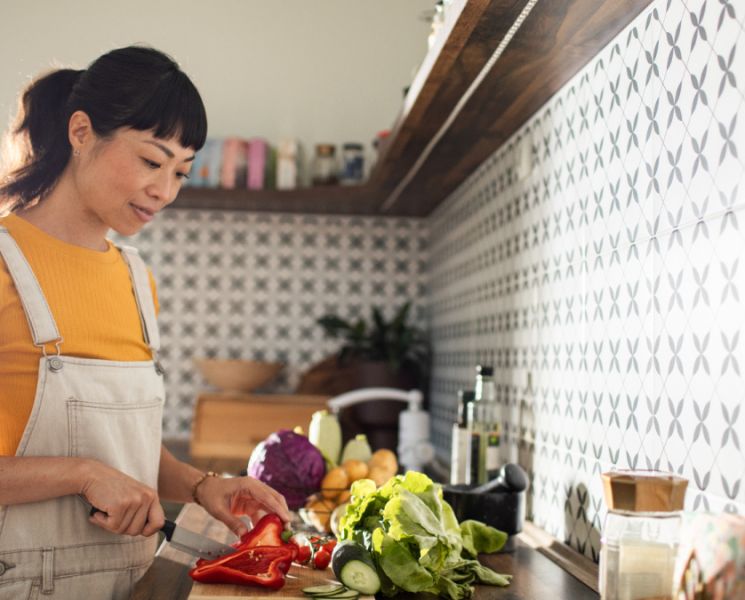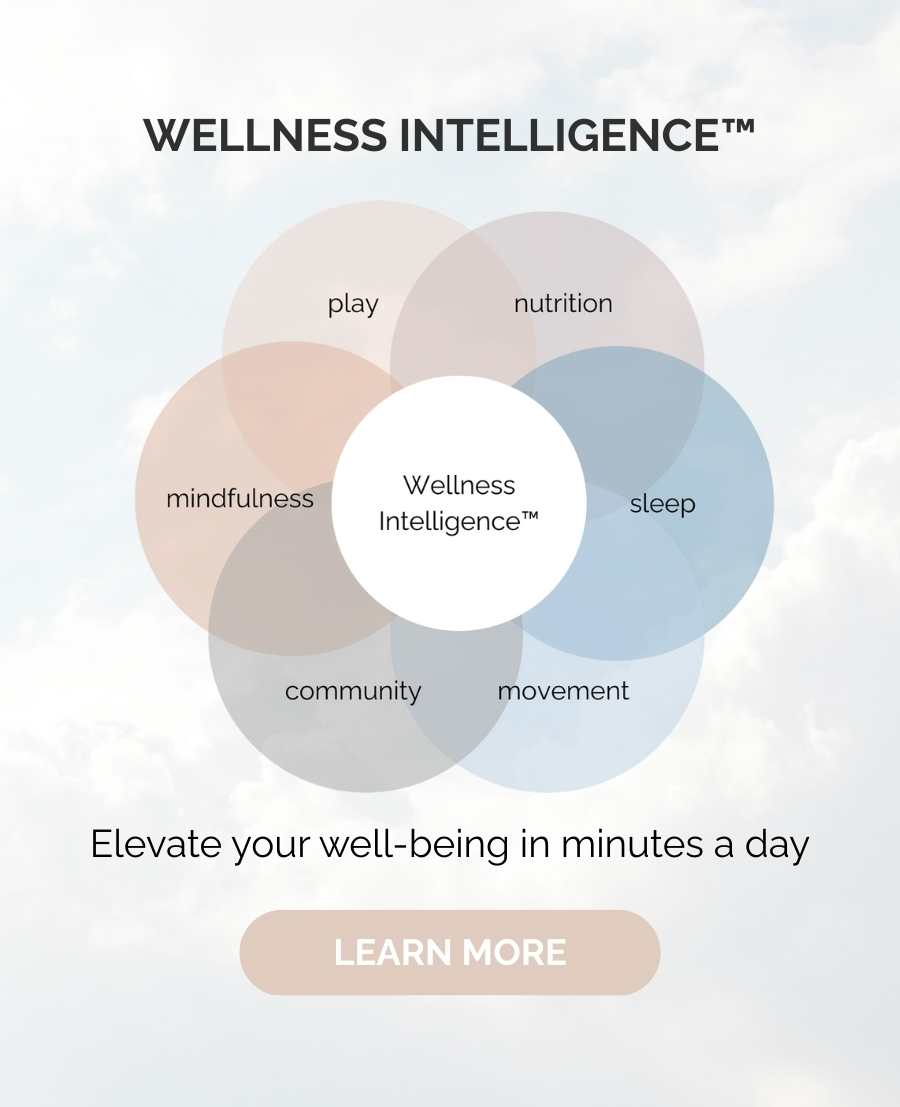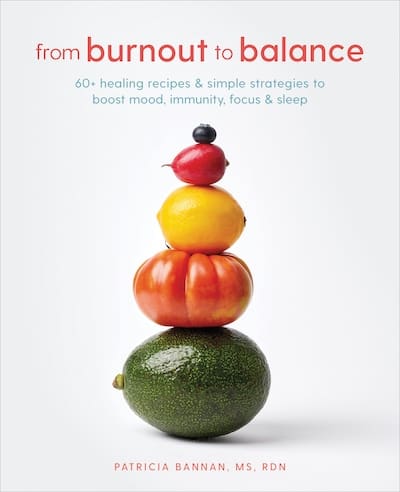If you’re looking for more natural cleaning products, the answer might be closer than you think. Forget branded items, give homemade cleaners a try instead.
Here are 3 homemade cleaners made of common kitchen ingredients. DIY cleaning products are simple to make, and you can use them to clean all throughout your home. Next time you unexpectedly run out of your other natural cleaners, give one of these a try instead.
DIY Vinegar Cleaner
Vinegar is a versatile ingredient that can do far more than simply make salad dressings. It is a safe and cost-effective way to clean a number of places in your home.
How to make the DIY vinegar cleaner:
- Start by mixing ½ cup white vinegar with 1 gallon of water.
- If the smell of vinegar isn’t your favorite, try adding a few slices of fresh citrus.
- Add the vinegar mixture to a spray bottle or keep in a bucket to use with a mop.
Where to use vinegar: This vinegar cleaning solution can be used to clean linoleum or tile floors, buildup on bathtubs or showers, and even coffee pots. You can also use the vinegar mixture in a spray bottle to clean windows, mirrors, and dust buildup on ceiling fans.
When not to use vinegar: Due to its acidity, there are some things that you should avoid cleaning with vinegar. This includes granite or stone countertops, cast iron, smartphone screens, clothing, and hardwood floors. In addition, vinegar should never be mixed with bleach, as this creates a dangerous gas.
DIY Baking Soda Cleaner
Another simple and effective DIY cleaning product is baking soda. Unlike vinegar, baking soda is more alkaline, which can help dirt and grease dissolve more easily in water.
There are many ways to use baking soda as a household cleaner.
- Generously sprinkle baking soda on the surface you’d like to clean, and either soak in hot water or rinse off after letting it sit for 10-15 minutes.
- Mix a small amount of baking soda with water for a spray mixture.
- Mix about a half cup of baking soda per gallon of water to clean floors and bathrooms.
Where to use baking soda: It is safe to use on a number of surfaces, such as glass, chrome, steel, enamel and plastic, and can help remove buildup or messes from sinks, tubs, tile, microwaves, and plastic containers.
When not to use baking soda: Avoid using baking soda on aluminum pots and pans, as well as gold or antique silver, since this may result is discoloration. Baking soda and vinegar should not be used on marble or stone countertops, since this can cause corrosion to the material.
Did you know that aside from using it alone, baking soda can also be used with vinegar as a homemade cleaner. When vinegar and baking soda are combined, it creates a chemical reaction, and a frothy solution that is effective for clearing up clogged sinks or drains.
DIY Citrus Cleaner

Using citrus as a natural cleaning product can leave your house looking and smelling good in the process. In fact, lemons were historically used for cleaning before commercial cleaning agents were introduced, which is why the smell of lemon has long been associated with cleanliness.
Where to use citrus:
- Citrus juice is an easy and effective way to get rid of hard water stains or soap buildup around bathtub or sink faucets, and when combined with salt, it can rid your stovetop of greasy buildups. Simply sprinkle the surface liberally with salt, and squirt with lemon juice before letting it sit for 5 to 10 minutes. Scrub with a sponge, and dry with a clean towel to leave your stove top sparkling clean.
- Combining lemon wedges with a cup of water can also clean up microwave messes. Heat the mixture on high for 3 minutes, and let it sit undisturbed in the microwave for 10 minutes before wiping the surfaces clean with a paper towel. If your garbage disposal needs refreshing, toss in a few citrus peels with a handful of ice cubes, and let it run until they are gone.
When not to use citrus: Much like vinegar and baking soda, citrus should not be used to clean stone or marble countertops or surfaces, as well as brass plated items due to the possibility of corrosion.
There are many homemade cleaners you can get creative with that are better for you and the environment. If you’re interested in more environmentally friendly tips, check out these dietitian tips for sustainable living and eating!
Do you use any homemade cleaners in your home?

